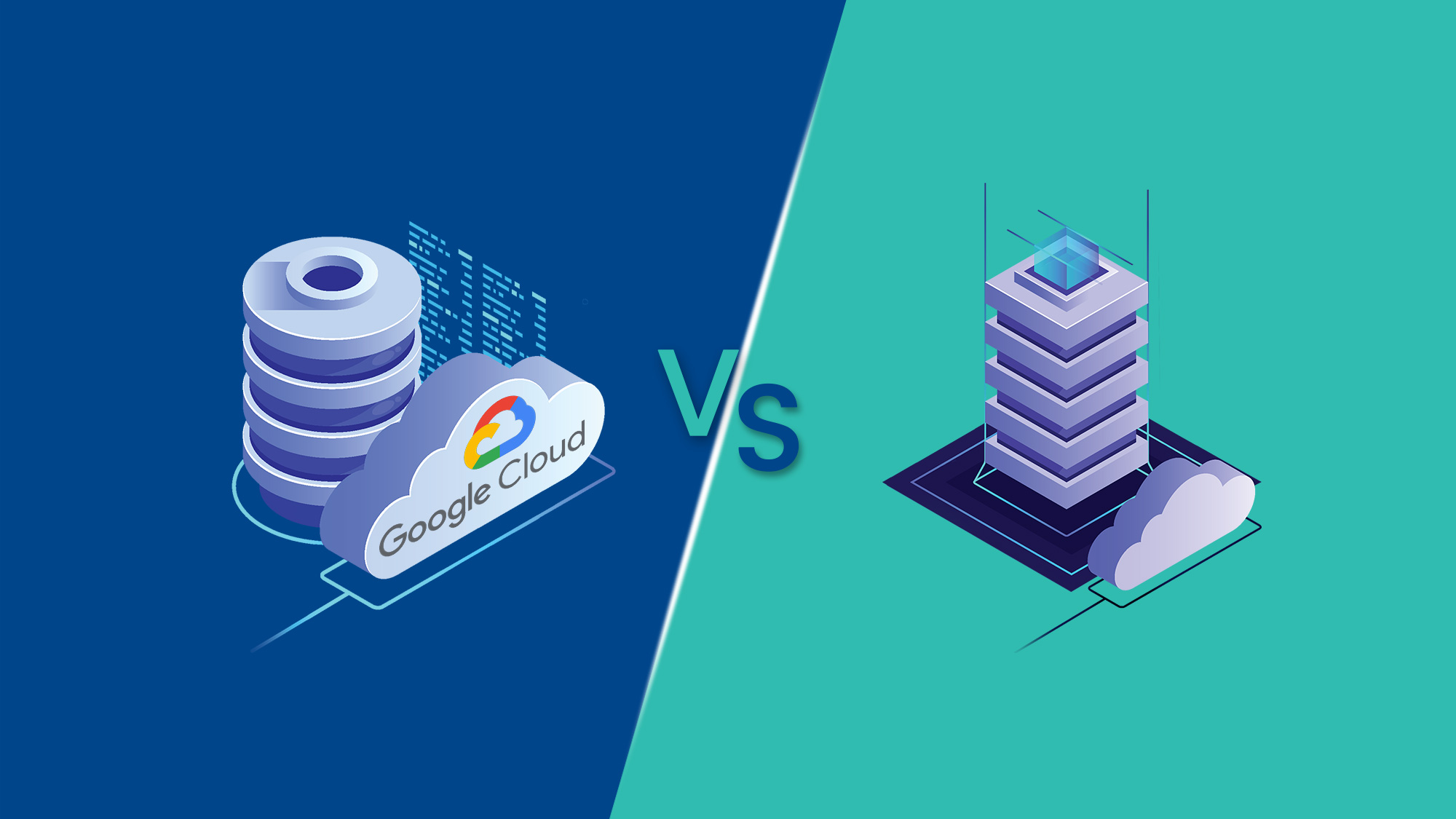Unlocking the Power: IBM WebSphere Message Queue Demystified
Introduction:
IBM WebSphere Message Queue is a powerful messaging middleware that revolutionizes communication between distributed applications. Despite its significance, the intricacies of IBM WebSphere Message Queue can sometimes be challenging to grasp. In this detailed blog, we will demystify IBM WebSphere Message Queue, unraveling its power and providing valuable insights into how it can transform communication infrastructures.
1. Understanding IBM WebSphere Message Queue:
We will start by unraveling the core concepts of IBM WebSphere Message Queue. Exploring its architecture, message queuing model, and fundamental components will lay a strong foundation for comprehending its capabilities and unlocking its power.
2. Key Features and Benefits:
This section will delve into the key features and benefits that IBM WebSphere Message Queue offers. From reliable message delivery and asynchronous communication to message persistence and flexible routing options, we will explore how these features empower organizations to build robust and scalable messaging solutions.
3. Deployment and Configuration:
Effectively deploying and configuring IBM WebSphere Message Queue is vital for harnessing its power. We will guide readers through the process of installation, setup, and configuration best practices, ensuring a seamless and efficient messaging infrastructure.
4. Integrating with Existing Systems:
IBM WebSphere Message Queue's power shines when seamlessly integrated with existing systems. We will discuss various integration strategies, including point-to-point and publish/subscribe models, and explore how IBM WebSphere Message Queue can be leveraged to facilitate smooth communication between different applications and platforms.
5. Monitoring and Management:
To unlock the full potential of IBM WebSphere Message Queue, monitoring and management are essential. We will explore monitoring tools, performance optimization techniques, and best practices for efficiently managing the messaging infrastructure. This knowledge will enable organizations to proactively identify issues, optimize resource utilization, and ensure high availability.
6. Security and Reliability:
Security and reliability are paramount in any messaging solution. We will discuss IBM WebSphere Message Queue's security features, including authentication, authorization, and encryption mechanisms. Additionally, we will explore how it ensures reliable message delivery, mitigates message loss, and maintains data integrity.
7. Advanced Concepts and Use Cases:
In this section, we will delve into advanced concepts such as message transformation, dead-letter handling, and message-driven architectures. Furthermore, we will explore real-world use cases where IBM WebSphere Message Queue has been instrumental in enabling efficient and robust communication.
Conclusion:
IBM WebSphere Message Queue is a powerful tool that empowers organizations to achieve seamless, reliable, and efficient communication between distributed applications. By demystifying its features, exploring deployment strategies, and highlighting best practices, this blog has unveiled the true power of IBM WebSphere Message Queue. With this newfound understanding, organizations can confidently harness its capabilities and transform their communication infrastructures to new heights.
You May Also Like
These Related Stories

Driving Innovation: Enhance Your Skills with AWS Development Training

Cloud Showdown: Google Cloud Platform Vs Competitors



No Comments Yet
Let us know what you think